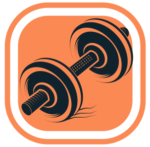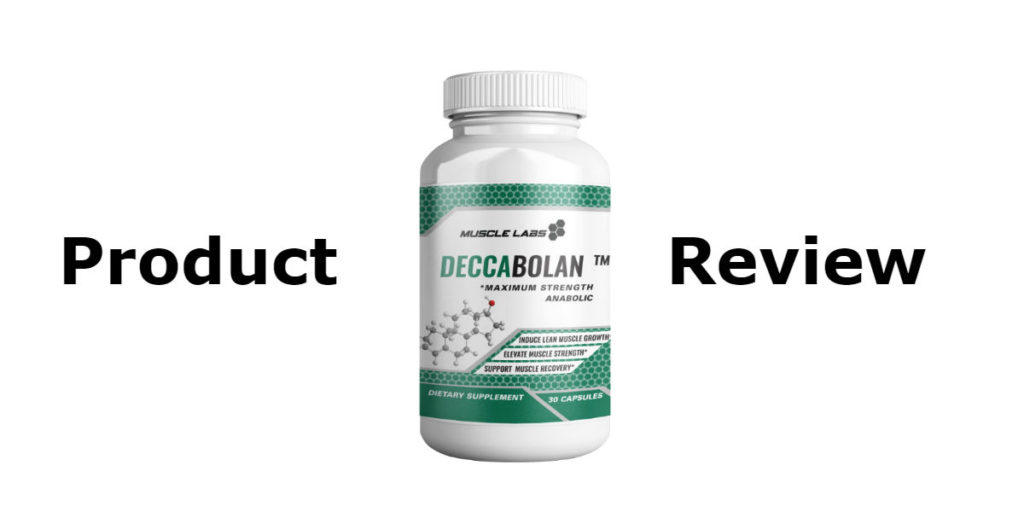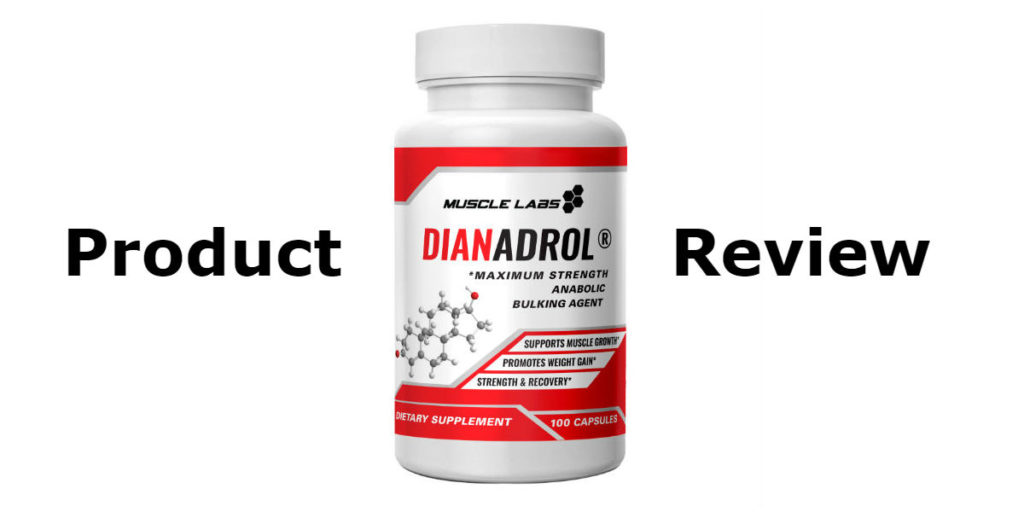Supplements
A dietary supplement is a manufactured product intended to supplement the diet. Take by mouth as a pill, capsule, tablet, or liquid.
Dietary Supplements
Bodybuilding supplements, often dietary supplements commonly used by those involved in bodybuilding, weightlifting, mixed martial arts, and athletics for the purpose of facilitating an increase in lean body mass.
A supplement can provide nutrients either extracted from food sources or synthetic, individually or in combination, in order to increase the quantity of their consumption.
Some dietary supplements can improve overall health and help manage some health conditions. For example: Calcium and vitamin D help keep bones strong and reduce bone loss. Folic acid decreases the risk of certain birth defects.
Many young athletes consider taking protein supplements or nucleic acid supplements (creatine) to help improve their sports performance; however, studies have not shown these supplements, very helpful in enhancing sports performance in younger athletes.
Also, protein supplements and creatine may actually decrease sports performance, especially in endurance sports (like running, cycling, or swimming) or sports with practices that last longer than 60 minutes.
As long as athletes seek to improve their performance, interest in performance-enhancing supplements. Unfortunately, few legislative or regulatory guidelines in place to ensure that these products, safe or that they confer the benefits they claim.
Examples of The Most Widely Used Supplements By Average Consumers
Vitamins
A chronic deficiency in some of the B-vitamins, linked to a reduction in physical performance. Vitamins, especially useful to individuals who have nutritional “gaps” in their diets.
Research indicates that a daily multi-vitamin may help prevent disease and contribute to overall health. Vitamins C and E, antioxidants, which have the potential to reduce tissue damage following a workout or other sport activity.
L-Carnitine
L-Carnitine theoretically considered a performance-enhancing supplement. It may promote greater use of fat for energy rather than depending on glycogen (stored energy).
However, research is inconclusive, showing no real link to athletic performance.
Creatine
Research has proven that creatine supplementation improves performance by providing energy for contracting muscles, allowing athletes to work out harder and longer.
Creatine is especially useful for athletes who train for or play sports that involve short bursts of strength, speed or power, like football or hockey. Experienced athletes can take five mg of creatine monohydrate each day.
Caffeine
Caffeine is found in foods like chocolate, soft drinks, coffee, and tea. A typical cup of coffee has 120mg of caffeine. Caffeine mainly acts as a central nervous system stimulant.
Athletes who play sports that involve sustained effort lasting longer than an hour—like running, cycling, swimming, rowing, basketball and soccer—will benefit most from caffeine.
Consume three to six mg per kilogram of body weight one hour before activity. Learn more about the amount of caffeine found in common drinks.
Protein
Protein is essential for muscle repair and recovery, making it very popular among athletes. While it’s found in many foods, such as meat, fish, nuts and dairy, many athletes don’t get enough through their normal diet to support muscle growth.
Whey protein is the best option for athletes, because it is easily digestible, giving the muscles a quick burst of amino acids after a workout. Athletes should aim for about .8g of protein for every pound of body weight.
When using a protein supplement, consume 20 to 25 grams of whey protein within 30 minutes after exercise.





